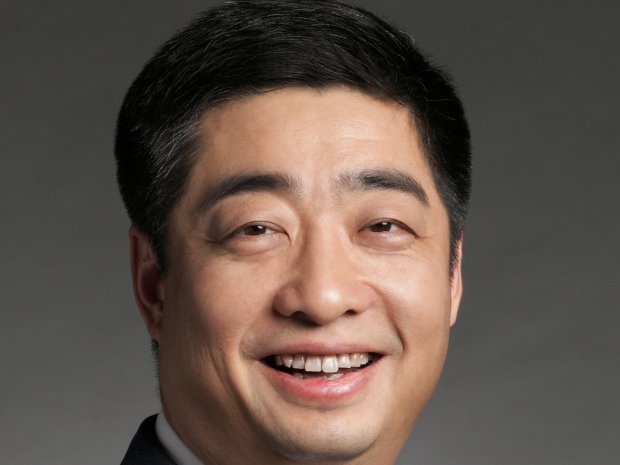Hu said: “Computers have become an extension of human beings.”
Rather than being based on CPU “rule-based” computing the future will be based on statistics, which he said is the very foundation of artificial intelligence.
“Ten years from now, statistic-based computing will represent 80 percent of total computing power.”
The current model of operating systems needs re-thinking, said Hu. “The whole industry is in need to develop a new architecture”, he said. That architecture he called the Da Vinci architecture. That must comprise open hardware, open source software and developer and porting support. Huawei will recruit five million developers and will invest five billion dollars to achieve those ends.
This new architecture will also include hardware boards, servers, operating system, database, compilers, and tools. Huawei will build something it dubs the Kupeng “ecosystem”. That will require it to recruit partners, pilot applications and attract talent.
AI apps will be applied to consumer devices, public and private clouds, edge computers and industrial internet of things devices and encompass neural networks.
Huawei is “aiming for space”, an enigmatic statement that we'll follow up in a later article.




